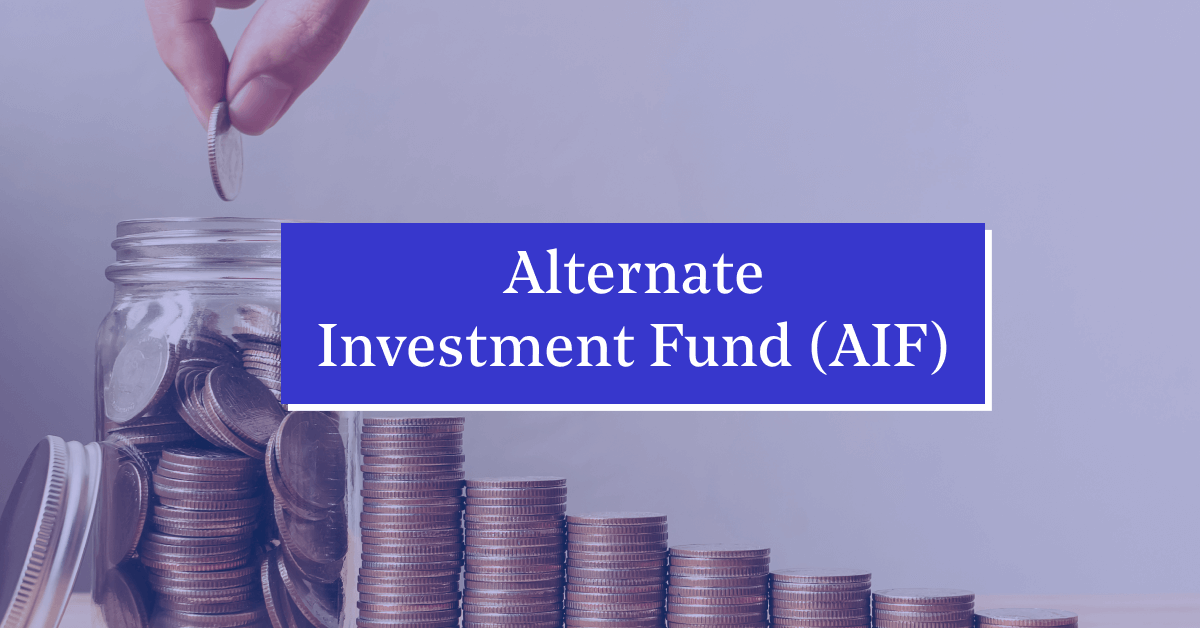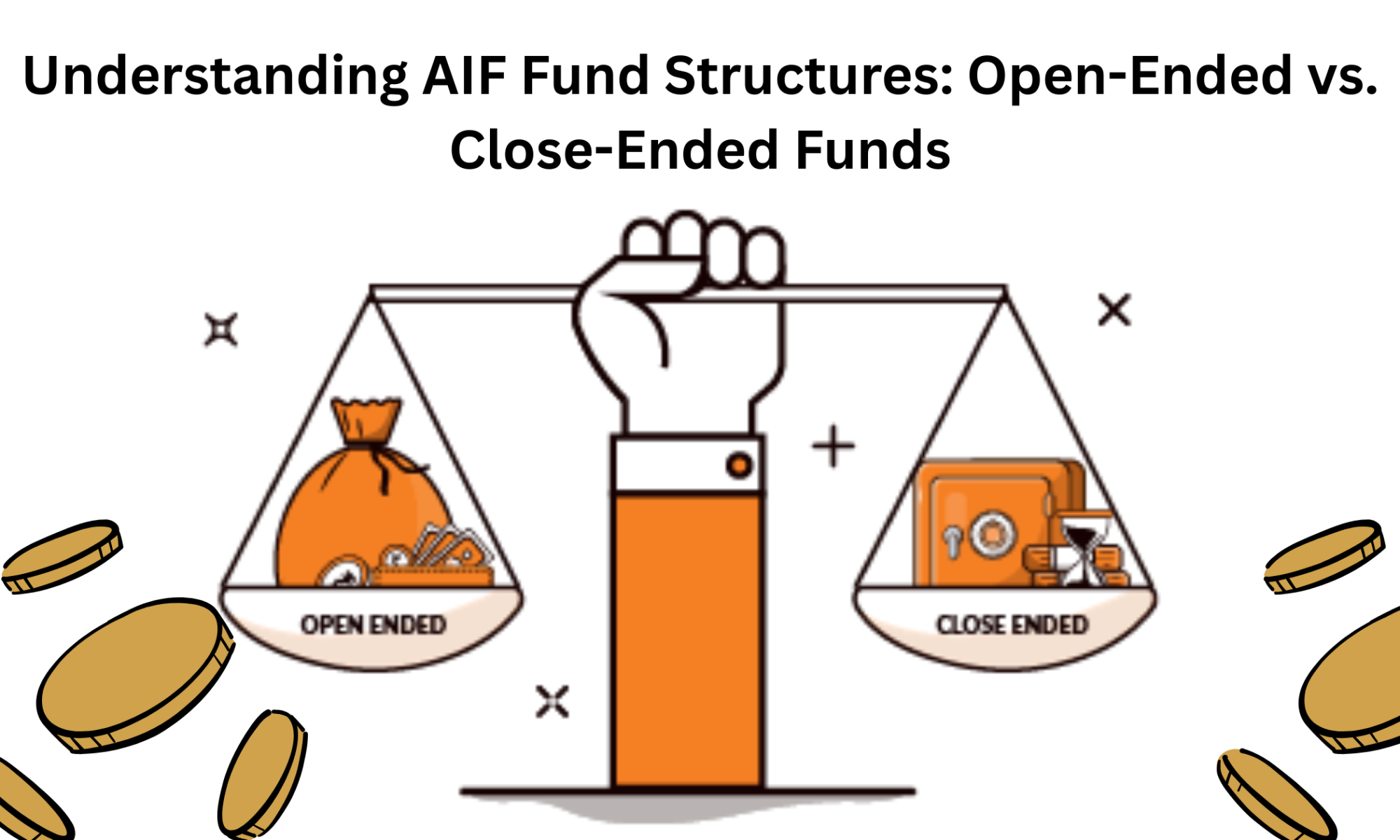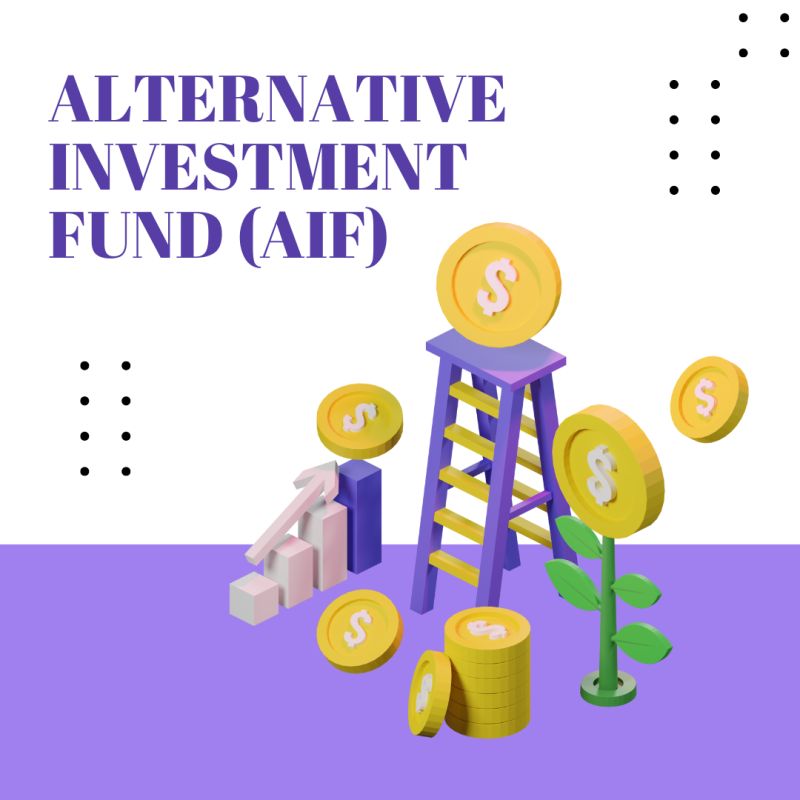Alternative Investment Funds (AIFs) have become a pivotal component of India’s investment landscape, offering avenues beyond traditional equity and debt markets. For fund managers aiming to establish or expand their presence in this sector, understanding the nuances of AIF registration is crucial. This guide delves into the essentials of AIF registration in India, highlighting the process, requirements, and the role of AIF registration consultants.
Understanding AIF Registration in India
AIFs are categorized into three types by the Securities and Exchange Board of India (SEBI):
- Category I AIFs: These funds invest in start-ups, social ventures, SMEs, or infrastructure, promoting economic development and employment.
- Category II AIFs: These funds do not undertake leverage or borrowing other than to meet day-to-day operational requirements and are not classified under Category I or III.
- Category III AIFs: These funds employ diverse or complex trading strategies and may employ leverage, including through investment in listed or unlisted derivatives.
Each category has specific regulatory requirements and investment strategies, influencing the registration process.
Steps for Online AIF Registration in India
The process of AIF registration involves several key steps:
- Determine the Appropriate Category: Assess your fund’s investment strategy to select the appropriate AIF category.
- Prepare Required Documentation: Gather necessary documents, including:
- Draft Placement Memorandum
- Details of the investment strategy and business plan
- Company registration certificate
- Trust deed or partnership deed, as applicable
- Submit Application via SEBI’s Online Portal: Complete and submit the application form through SEBI’s online platform, ensuring all information is accurate and comprehensive.
- Pay Registration Fees: The registration fees vary by category:
- Category I: ₹5,00,000
- Category II: ₹10,00,000
- Category III: ₹15,00,000
- Await SEBI’s Approval: SEBI will review the application and may request additional information or clarification.
- Obtain Registration Certificate: Upon approval, SEBI will issue the AIF registration certificate.
Role of an AIF Registration Consultant
Navigating the AIF registration process can be complex. Engaging an AIF registration consultant can provide several benefits:
- Expert Guidance: Consultants offer insights into the most suitable AIF category based on your fund’s objectives.
- Documentation Assistance: They assist in preparing and reviewing necessary documents, ensuring compliance with SEBI’s guidelines.
- Application Support: Consultants help in accurately completing and submitting the online application, reducing the risk of errors.
- Ongoing Compliance: Post-registration, they can advise on maintaining compliance with SEBI’s regulations, including reporting requirements and audits.
Regulatory Compliance and Reporting Requirements
Post-registration, AIFs must adhere to SEBI’s regulatory framework, which includes:
- Periodic Reporting: AIFs are required to submit quarterly and annual reports detailing their financial status, investment activities, and performance metrics.
- Event-Based Reporting: Any significant changes, such as alterations in key personnel or investment strategies, must be promptly reported to SEBI.
- Investor Communication: Regular updates to investors regarding fund performance, risks, and other pertinent information are mandatory.
- Audit and Valuation: Regular audits and independent valuations are essential to ensure transparency and compliance.
Conclusion
Establishing an AIF in India offers significant opportunities for fund managers to diversify investment portfolios and cater to a broader investor base. However, the registration and regulatory compliance processes require careful planning and execution. By understanding the steps involved and seeking professional assistance from an AIF registration consultant, fund managers can navigate the complexities of AIF registration in India effectively.









